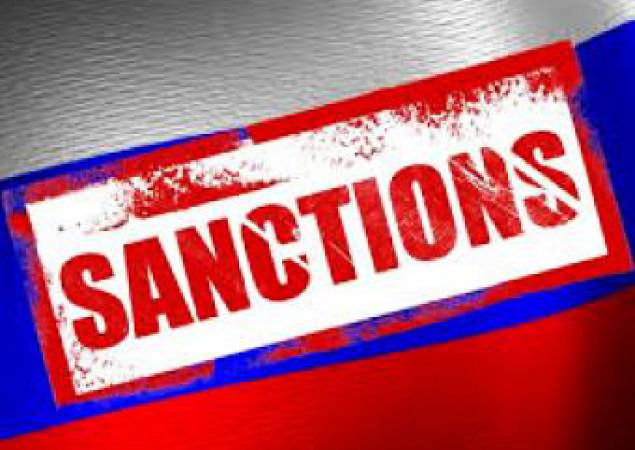Baku, Azerbaijan, Oct.20
By Elena Kosolapova - Trend:
The sanctions imposed by the West against Russia will lead to the economic isolation of the countries in Russia's orbit of influence, whether they like it or not, the Kazakh financial analyst, head of the analytical department of the Halyk Finance Kazakh investment bank Sabit Khakimzhanov said.
Kazakhstan will be among the countries which will feel this effect.
"This is not a complete self-sufficiency, but the way of development which will make it much harder to borrow technology from developed countries and we will have to buy technologies created by the method of reverse engineering in Russia," Khakimzhanov told Trend via e-mail.
In addition, he said that the dependence of Russia and its satellites on China will increase due to the sanctions.
Regarding the influence of the fall in oil prices in the world market on Kazakhstan's GDP, he said that it will not be strong.
"Kazakhstan has the oil fund, which helps to stabilize the government expenditures," he said. "Due to the drop in oil prices the revenues of the fund will also drop, but transfers to the budget from the fund, on the contrary, will increase."
Therefore, the negative impact of decreased oil prices on the government expenditures in Kazakhstan for 2015-2016 will be negligible.
At the same time, the fall in oil prices will have a significant and rapid impact on Kazakhstan's GDP in dollar terms, Khakimzhanov said.
Crude oil sales are one of the main sources of income of Kazakhstan. In January-December 2013, the country exported 68.158 million metric tons of oil and gas condensate.
Starting from 2011, the oil price remained high and stable and fluctuated around the value of $100 per barrel. This year, however, it has shown a significant decline of about 20 percent for the period from June to October, and some analysts suggest that this could mark the beginning of a prolonged pique, which will last more than one month.
So, oil prices have tended to fall from June's peak of $115 per barrel to about $92 in early October.
However, the results of discussions and voting in OPEC's summit which will be held in November, may have long-term effects in the formation of oil prices. If the members of the organization agree to cut production, prices may increase again (or at least stabilize at the current level).
But if an agreement does not take place, we can expect a further fall in oil prices with high probability.
At present, the countries belonging to the organization, including Saudi Arabia, Iran, Iraq and Venezuela produce about 40 percent of oil.






